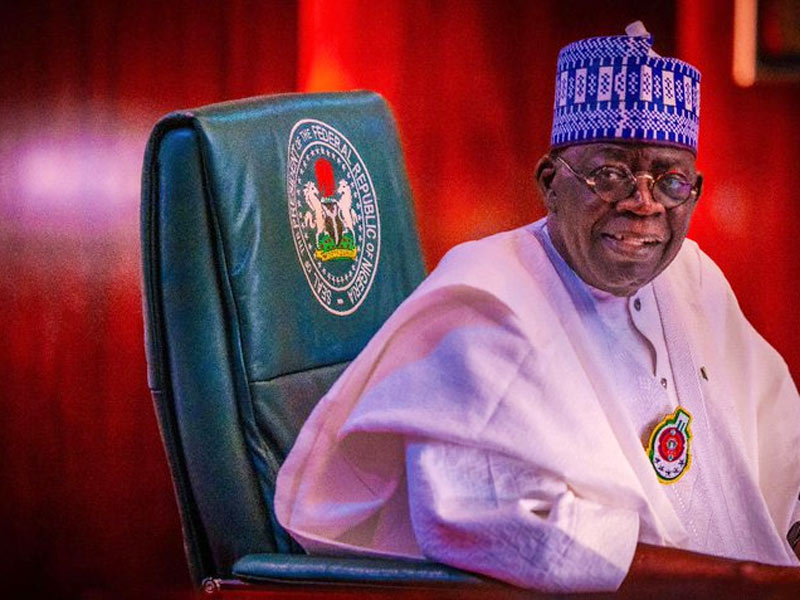In observance of May Day, the Nigerian government has announced a salary increase of 25 percent and 35 percent for certain groups of workers across the country.
According to a statement released by the National Salaries, Incomes and Wages Commission (NSIWC) on Tuesday, this increase applies to government employees in the education, health, and security sectors.
The raise, effective from January 2024, ensures that the lowest-paid government worker will earn 450,000 naira ($323.97) annually or 37,500 naira monthly, as stated by the NSIWC.
Nigeria’s labor unions have been advocating for higher wages since last year, following President Bola Ahmed Tinubu’s removal of petrol subsidies upon taking office. Inflation in the nation has surged to nearly 35 percent in March, the highest in three decades, while the value of the Naira has sharply declined against the dollar, exacerbating the cost-of-living crisis.

Despite widespread economic challenges, the announcement of increased salaries for civil servants on May Day has sparked mixed reactions in Nigeria. Some labor unions argue that a general raise in the country’s minimum wage is more pressing.
“These groups of workers are already within the privileged sector, but we anticipate that the increase will also encompass other categories of civil servants in lower ranks who are vulnerable,” remarked Nigeria Labour Congress (NLC) spokesman Comrade Benson Upah in an interview with local media.

Since 2019, Nigeria’s minimum wage has been set at 30,000 naira per month, an amount that has significantly depreciated due to the devaluation of the Naira. Negotiations between the government and major labor unions regarding a minimum wage increase are ongoing.


